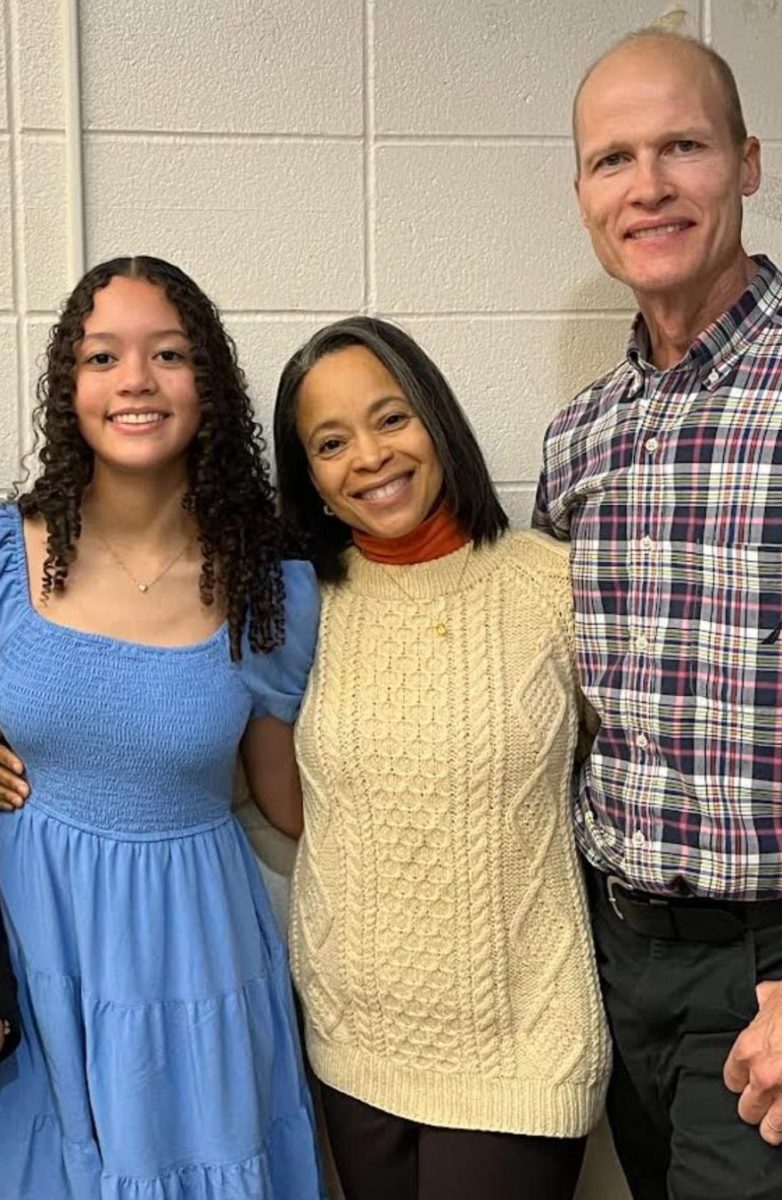The 21st century has seen the United States’ first Black president, first female presidential candidate and first female vice president. This facade of diversity shines a beacon of hope for minorities but is shattered by the reality: systematic inequalities are still embedded in American society.
In 2008, conspiracy theories surrounding former President Barack Obama’s “true origin” first emerged. Then, in 2011, the “birther” theories resurfaced. This time, they were led by his successor Donald Trump. Trump also made claims about Obama’s religious affiliation, bringing attention to his middle name, Hussein. Trump not only made false claims about Obama’s identity, but he also assigned a negative connotation to Muslim and Black Americans.
Obama has since published evidence of his birth certificate, the only president who has been forced to do so.
Fast forward to the 2024 presidential election. Trump has made numerous false claims about Kamala Harris’ racial identity. “I didn’t know she was Black until a number of years ago when she happened to turn Black and now, she wants to be known as Black. So, I don’t know, is she Indian or is she Black?” Trump questioned at the National Association of Black Journalists conference.
Senior Victoria Rice, who is half Haitian and half Norwegian, felt personally attacked by Trump’s comments. “As a biracial person in Iowa, I find it really empowering to see Kamala Harris stepping into political power. I was so disappointed by Trump’s comments about her “changing her race” and asserting that she could only be Jamaican or Indian, not both. It’s hurtful as a mixed person because generally we have to “choose” one side of our heritage to identify as, when in reality I identify as both black and white— something that many people can’t seem to understand,” Rice expressed.
While it might not be apparent to conservatives, Harris has long championed both sides of her heritage. Growing up, she frequently visited India, attended a historically Black university and served in the Congressional Black Caucus and the Asian Pacific American Caucus.
Conservatives have also launched attacks at Kamala’s name— a name originating from Sanskrit meaning lotus and representing the Hindu goddess Lakshmi.
As an Indian-American, senior Anshu Mallapally deeply identifies with Harris’ struggles. “I see myself as a reflection of Kamala: someone who is constantly attacked because of her name and heritage. Growing up, I have experienced abhorrence because my name isn’t conventional. Most Indian names have a rich culture and background behind them that people are disrespecting by not pronouncing names correctly,” Mallapally said.
Pronunciation goes farther than just a name. Harris’ first name is a cultural name used for generations. Purposefully butchering ethnic names diminishes the intricate history associated with each name. By not learning her name, Americans are continuing a history of marginalization, driving the concept that only certain cultures are worthy of respect.
Some politicians have since called Harris a “DEI hire” or claimed she has “slept her way to the top.” This disheartening language is often used for women with power. These comments reveal the discomfort some Americans have with women in leadership roles.
“When Americans see a woman in a place of power, they automatically assume she does not deserve it. There’s this belief that women, especially women of color, take shortcuts or use relationships to advance in their careers, rather than achieve success through their own personal merit. It’s insulting to hear people challenge [Kamala’s] abilities, intelligence and experience,” Rice stated.
The rise of Kamala Harris, Barack Obama and numerous other politicians represent a true America: one that’s diverse and inclusive, reflecting on the nation’s genuine identity. While the visible diversity marks a step forward, it overshadows the lasting inequalities that continue to shape political careers.










